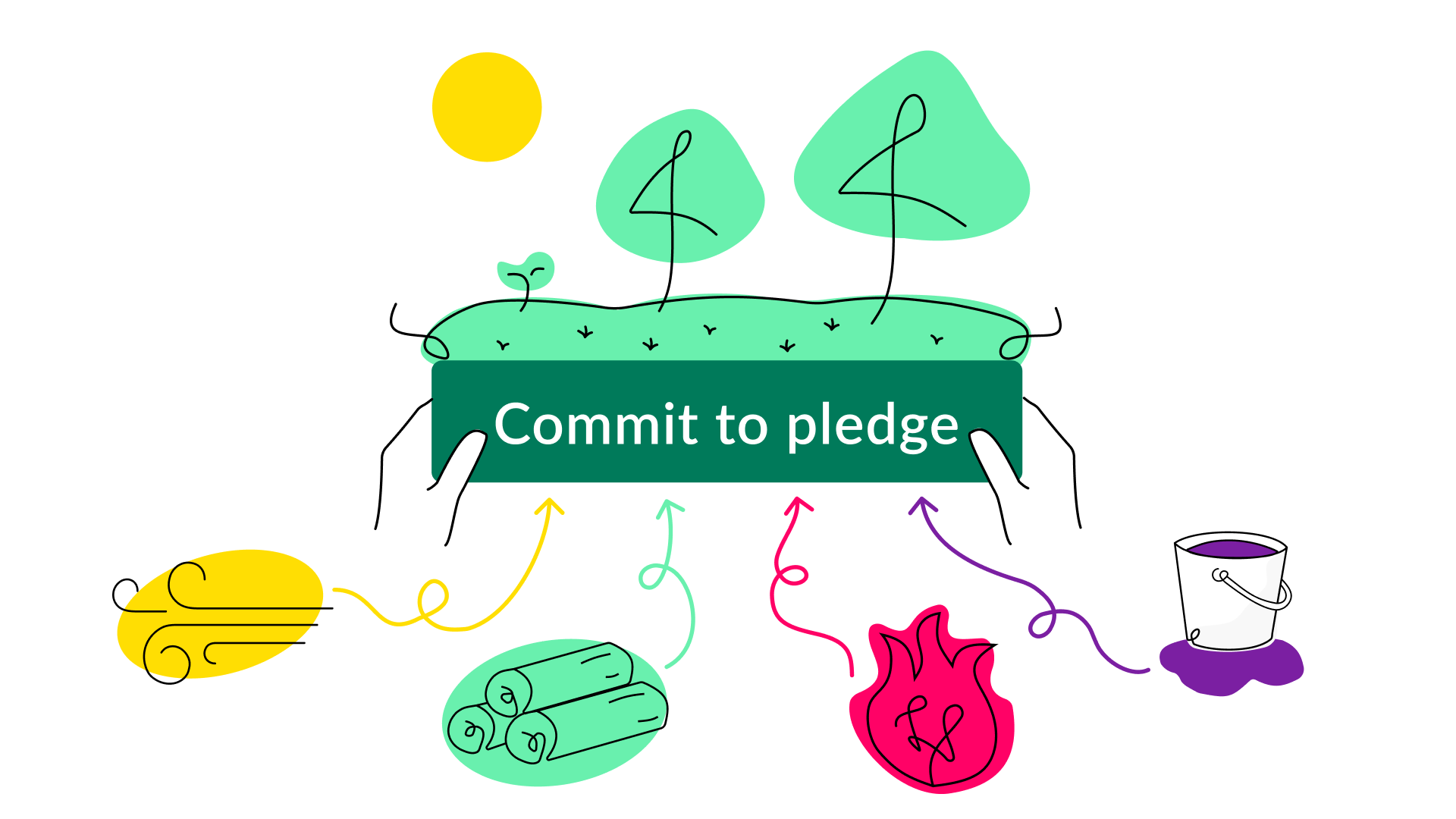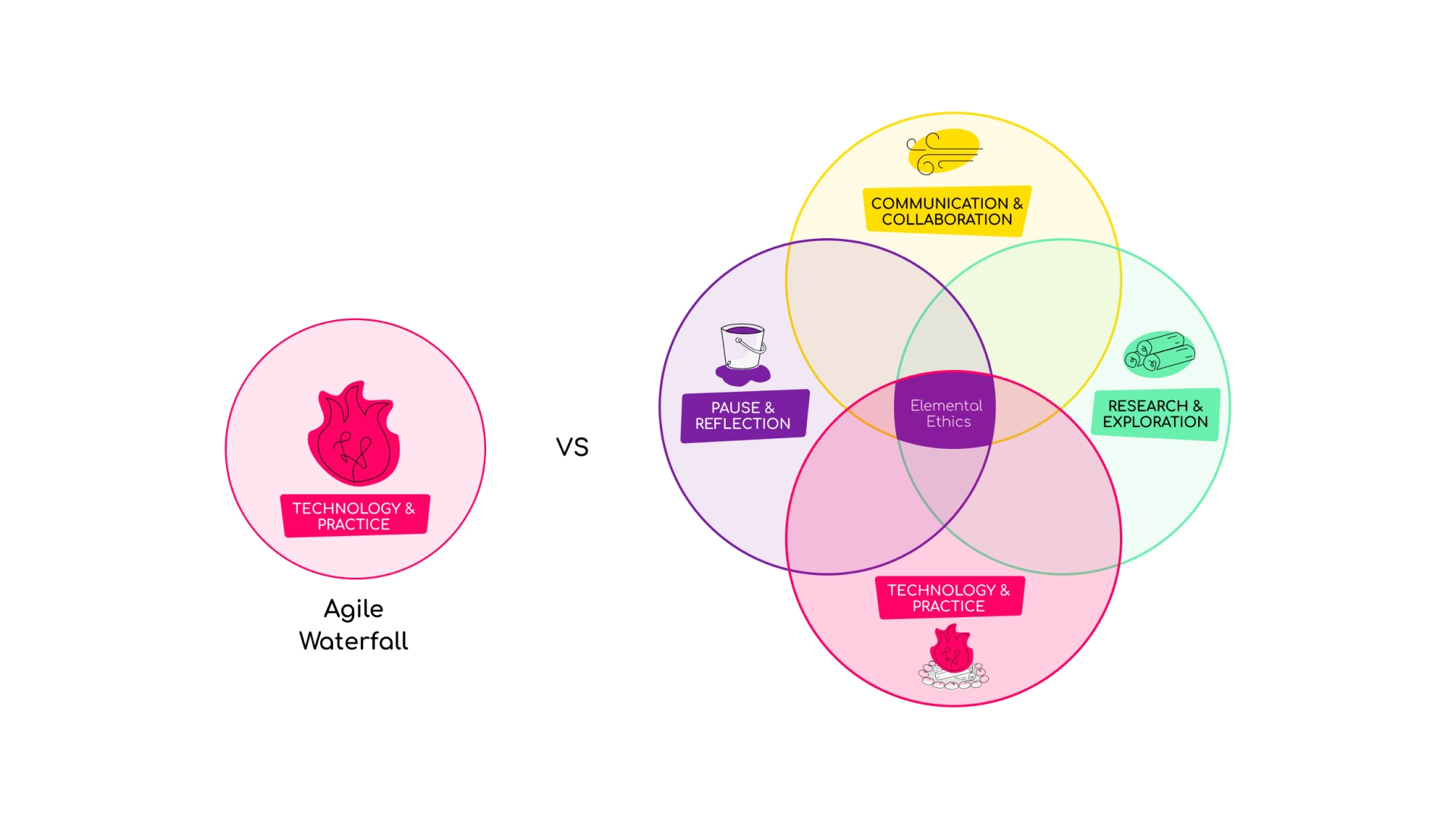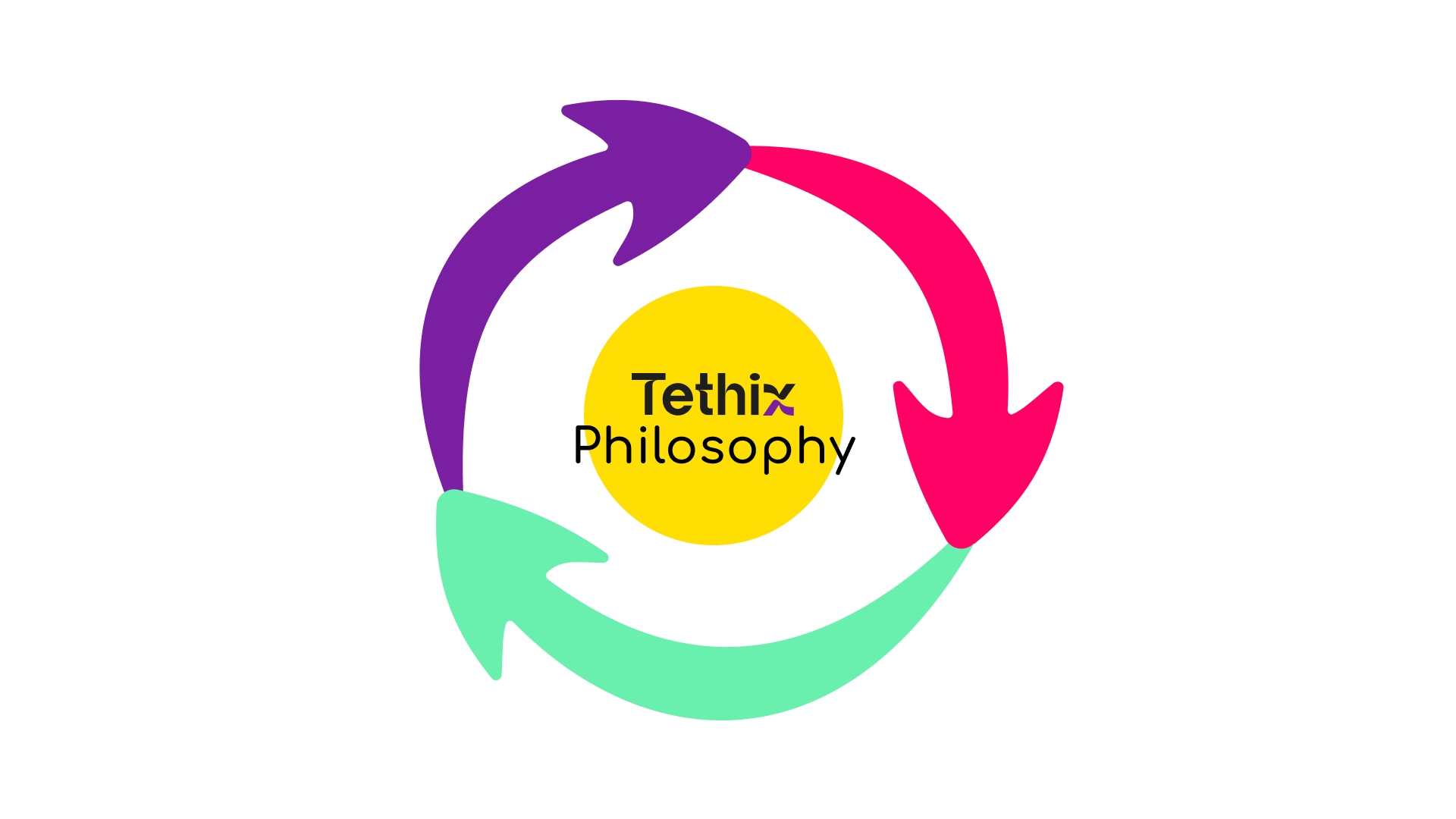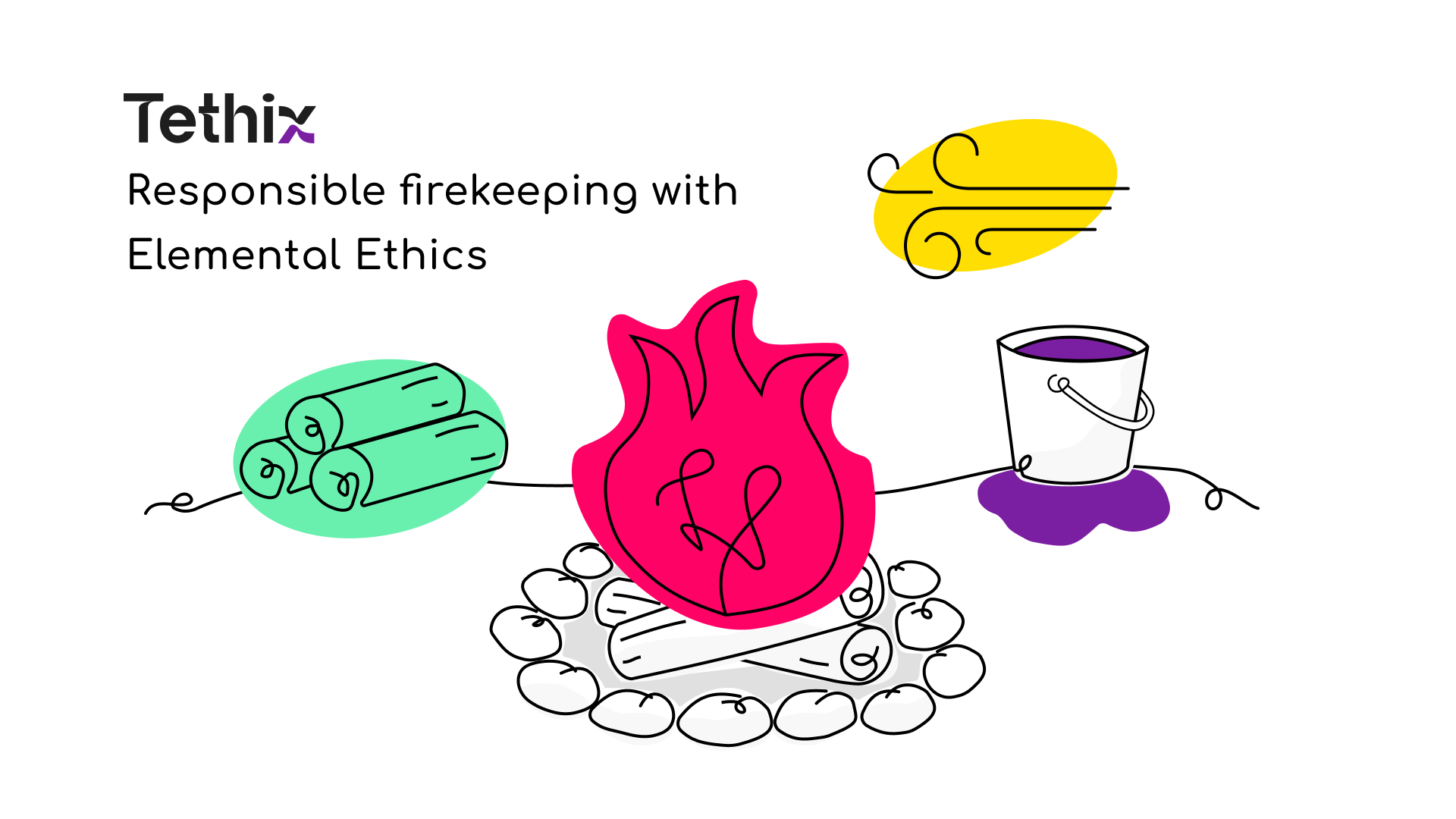Agile product development is like in-car GPS navigation: it will lead you to the shortest path, but make you miss all the great views because it sees your journey as a mathematical equation to solve. Yes, it does simplify your trip and reduce uncertainty by giving you a list of turns to follow. Yet somehow you often end up in the wrong place or realize the destination isn’t actually where you wanted to end up in the first place.
By pretending to have all the answers, a GPS-like process makes you pay less attention to your surroundings or even leads you off a cliff because it does not, in fact, have an updated view of the world. And because of its obsession with velocity and efficiency, you keep losing drivers when they quit in frustration caused by boredom, burnout, a lack of meaning, or a combination of thereof.
Granted, sometimes you just need to get to your destination, fast. But if you get used to blindly following your GPS process, whether it’s in the form of agile or any other belief system, you’ll eventually lose your pathfinding abilities.
Sometimes, not following the fastest route calculated by GPS, can be a more valuable experience. Pathfinding on your own, following your instincts, taking stops and detours, taking the longer route to enjoy the views and explore new perspectives makes for a more satisfying journey. And it can lead you to discover a better destination than the one you had in mind originally. Not to mention that you’ll also be able to navigate during a GPS outage or another unexpected event that will leave GPS-followers completely directionless and confused.
In other words, if you keep prioritizing efficiency and productivity and don’t make time for detours with moral imagination, exploring tensions, building shared meaning, and other “slow” sense-making activities that build your responsibility muscles, you’ll miss all the wonderful views and eventually get overtaken by somebody who’ll build a faster car anyway.
If we lived in a simple, predictable, linear world, taking the fastest, most reliable route would be a good strategy. But because we live in a complex, unpredictable world where change is the only constant, wandering and developing pathfinding skills makes you smarter, more resilient, and more adaptable and able to survive in the long run.
So, dare to slow down, ignore the GPS, and explore different paths that will increase your possibility space. We can assure you the views are much better from the hill you’ve missed while sprinting here.




